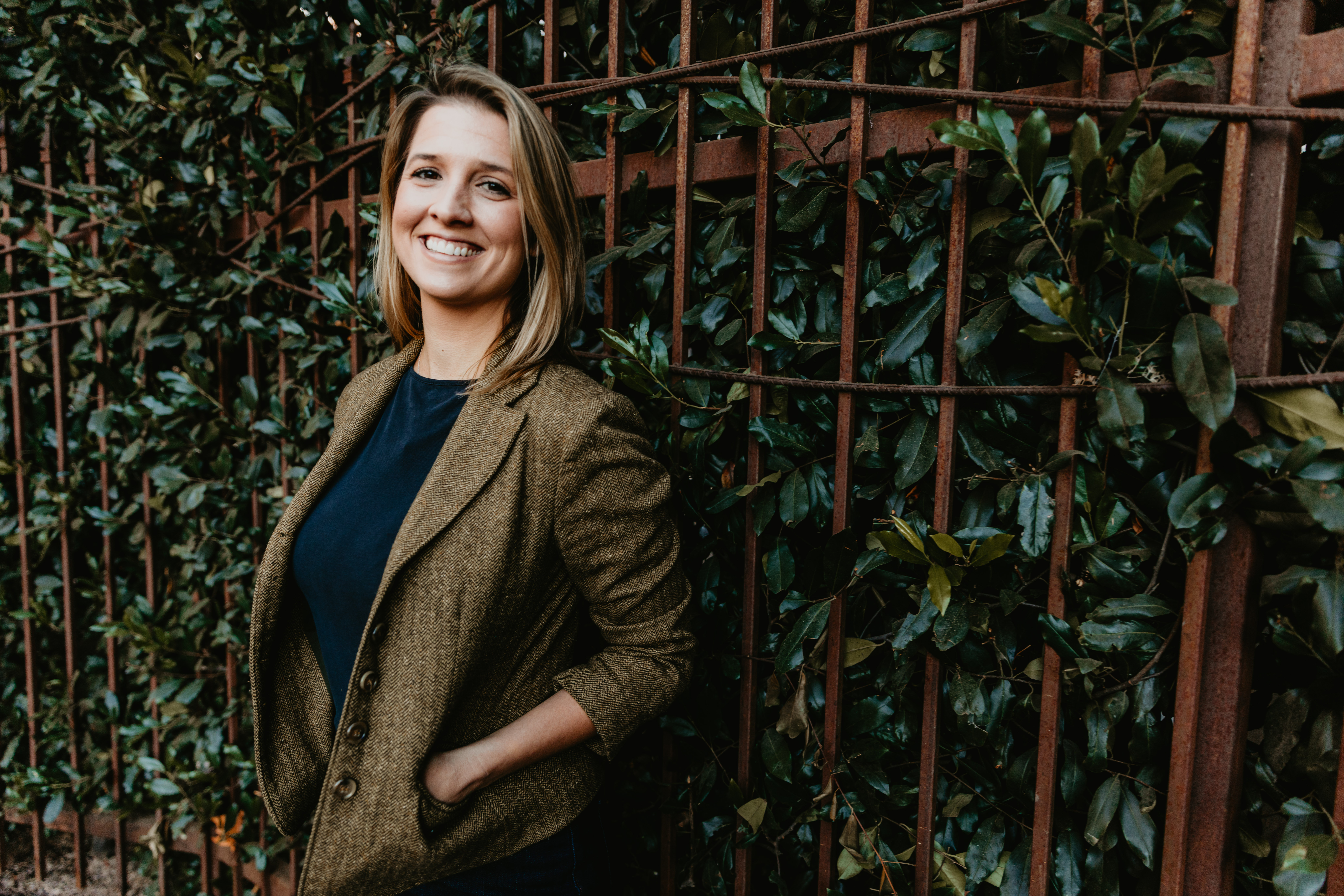5 Questions with Alumna Sarah Bohannon

Sarah Bohannon (Journalism, ’13) is a news director with North State Public Radio (NSPR), where she covers local stories and produces the programs Cultivating Place, Up the Road, and Common Ground for Common Good. Beginning in November, she played a vital role in the station’s coverage of the Camp Fire and its ensuing weekly radio program, After Paradise, which provided vital updates and information to those affected by the blaze, and presented stories about the area’s recovery and resilience. Last month, NSPR (the North State’s National Public Radio affiliate and a service of Chico State) and After Paradise was honored with the National Edward R. Murrow Award, one of the most prestigious awards in the broadcast industry.
When did you realize you wanted to be a broadcast journalist?
I’d say it was when I was interning at North State Public Radio in 2011. I think I knew before that, but that’s when I really had the chance to get over there and start working in audio. And I loved it. I always wanted to be in radio, but I always kept chickening out. I kept trying to go to [the student-operated radio station] KCSC, and I’d always leave the meeting because I was too scared. Which is funny now. I love the creativity of the medium. With audio, it allows you to tell a story in a very creative way. And I also love the intimacy of radio. You’re able to connect with the audience. I think that’s why I keep getting drawn back to it.
What are your favorite kinds of stories to tell?
I love telling stories that uncover something about being human. I think that’s why I enjoy interviewing people so much. It’s also probably why when I started as a sports reporter at The Orion. I always skipped the scores and would turn game coverage into a feature about someone on the team—I still feel bad for my editors. My friends actually make fun of me because I can sit there and listen to a stranger talk for hours. I find the stories of people’s lives so interesting. It must be inquisitiveness; I’m just curious as to how people live and how they view the world, and whenever I do take the time to listen, I always learn something.
Why is journalism so important, particularly right now?
I can’t imagine a world without journalism, and sometimes I get really scared because I feel like we’re starting to move in that direction, especially when I see small, rural newspapers—and newspapers in general—folding. Newspapers really are our historical record, and I’m reminded of that when I do some reporting and I’m looking into the past. If it wasn’t in the newspaper, I wouldn’t know about it. It is just so important to document what’s happening and tell people about what’s going on in the world. And I think that’s why public radio is so important. We help fill the local news void by doing our own reporting, but we’re also able to collaborate with other reporters and highlight the great work they’re already doing—and when it comes to the existence of public radio, for the most part, it’s the community who makes the decision about whether or not a station sticks around, not a giant corporation.
How did reporting on the Camp Fire affect you personally?
I don’t even know how to describe it. I just really feel for our community, especially covering [the fire] from day 1, hour 1. It was around 7:40 a.m. when I first announced it. I believe it was 10 acres at that time, moved up to 200, then it just kept going and never stopped. I’ve been reflecting a lot. Things are different with the recovery now, eight months out. I’m doing an oral history project with [Chico State’s] Meriam Library and a researcher from the sociology department. I’m interviewing people for at least two hours about their evacuation stories, about their recovery stories, and I’m hearing about people who are still in hotels, people who are still sleeping on couches. It’s just heartbreaking. I don’t know what to do. It just feels so heavy, especially being a media person covering it. I think for a lot of people, if you don’t work in the media, you can turn it off when you need to. If you work in the media, you can’t really ever turn it off.
That fire just changed me. I think it changed the whole community. It sounds weird to say, but that’s now a reporting passion of mine. I think we as reporters can do better at disaster reporting, at breaking news reporting, at covering something long term. I think we do need to really have those conversations in our newsrooms. How are we going to do this differently when this happens again? Did we do our best work? Are there areas where we could have done better? Sometimes I wonder about that. It was so huge, and we’re all so small.
What advice would you give student journalists who want to get into the business?
Just try it. For every journalist, it’s question everything. Stick to ethics. Just keep chasing the story, even though it’s hard sometimes. I’m very passionate about deep reporting. I would advise younger journalists who really want to report to not get bogged down by all of the tech—I know that you have to do it—but to keep really chasing the story as deep as you can. I think that is a struggle for journalists, especially after the Camp Fire. There are so many stories to tell.


